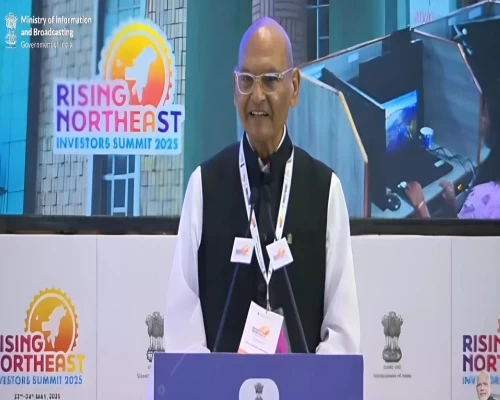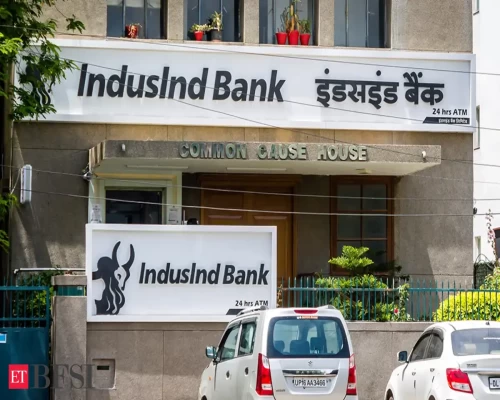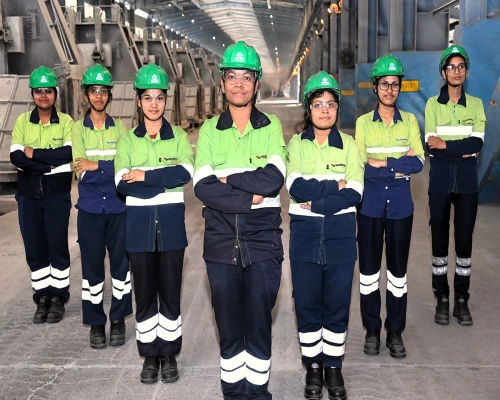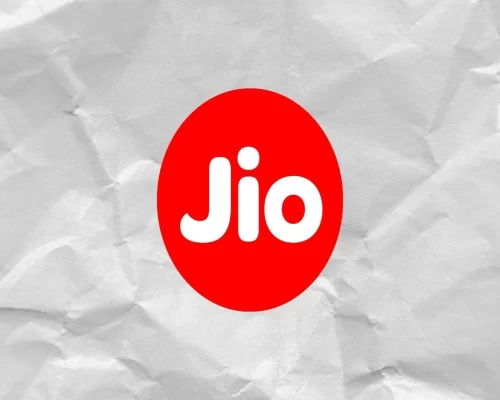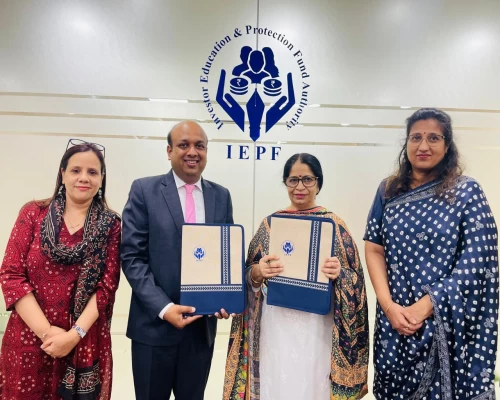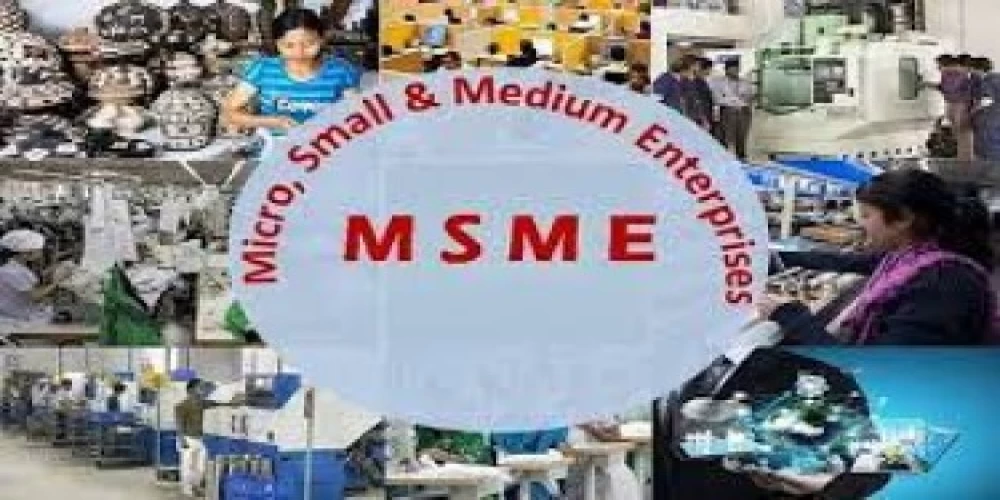
New Delhi: The Union Cabinet chaired by Prime Minister Narendra Modi has approved USD 808 million or Rs 6,062.45 crore, a World Bank assisted programme on ‘Raising and Accelerating MSME Performance’ (RAMP), a new scheme which would commence in FY 2022-23. The total outlay for the scheme is Rs 6,062.45 crore or USD 808 million, out of which Rs 3750 crore or USD 500 million would be a loan from the World Bank and the remaining Rs 2312.45 crore or USD 308 million would be funded by the Government of India (GoI).
RAMP is a World Bank assisted Central Sector Scheme, supporting various CoronaVirus Disease 2019 (COVID) Resilience and Recovery Interventions of the Ministry of Micro, Small and Medium Enterprises (MoMSME). The programme aims at improving access to market and credit, strengthening institutions and governance at the Centre and the State, improving Centre-State linkages and partnerships, addressing issues of delayed payments and greening of MSMEs.
The RAMP programme will address the generic and COVID related challenges in the MSME sector by way of impact enhancement of existing MSME schemes, especially, on the competitiveness front. Further, the programme will bolster the inadequately addressed blocks of capacity building, handholding, skill development, quality enrichment, technological upgradation, digitization, outreach and marketing promotion, amongst other things. RAMP programme, through enhanced collaboration with States, will be a job-enabler, market promoter, finance facilitator, and will support vulnerable sections and greening initiatives.
In States where the presence of MSMEs is on the lower side, the programme will usher in larger formalization resulting from the higher impact of the schemes covered under RAMP. The SIPs developed by these States would act as a roadmap for the development of an improved MSME sector. RAMP will complement the Atma Nirbhar Bharat mission by fostering innovation and enhancement in industry standards, practices and providing the necessary technological inputs to the MSMEs to make them competitive and self-reliant, enhancing exports, substituting imports, and promoting domestic manufacturing. /BI/




